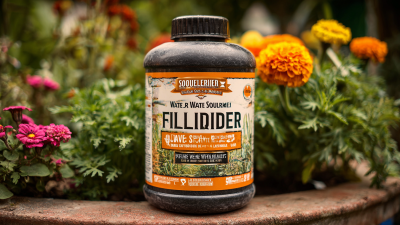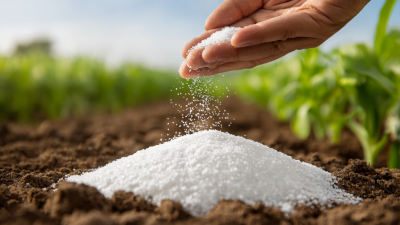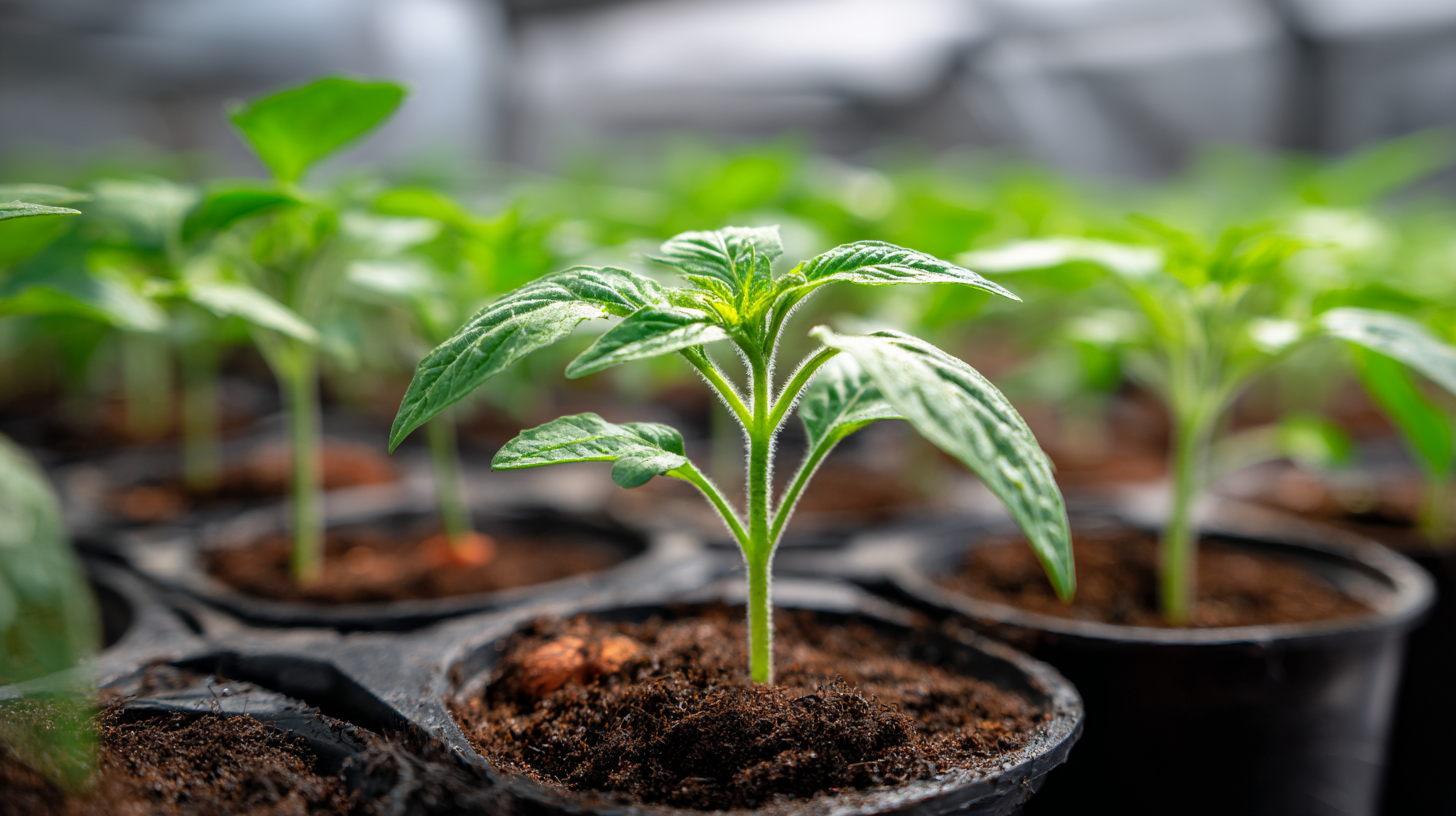 Water Soluble Fish Fertilizer offers a nutrient-rich solution for gardeners seeking to enhance plant growth naturally. Derived from fish by-products, this type of fertilizer provides an excellent source of essential nutrients, including nitrogen, phosphorus, and potassium, which are crucial for healthy plant development.
Water Soluble Fish Fertilizer offers a nutrient-rich solution for gardeners seeking to enhance plant growth naturally. Derived from fish by-products, this type of fertilizer provides an excellent source of essential nutrients, including nitrogen, phosphorus, and potassium, which are crucial for healthy plant development.
Unlike traditional fertilizers, which can be harsh on the soil, water soluble fish fertilizer is environmentally friendly and promotes beneficial microbial activity, ensuring that plants receive nutrients in a form they can readily absorb. In this guide, we will explore the various benefits of using water soluble fish fertilizer, how it can improve your gardening practices, and effective methods for application, enabling you to cultivate vibrant and thriving plants.
Whether you are a novice gardener or an experienced horticulturist, understanding the advantages of this organic fertilizer will help you achieve a flourishing garden ecosystem.
Water soluble fish fertilizer is an organic option that provides essential nutrients to plants in a readily absorbable form. This type of fertilizer is derived from fish hydrolysate, which is processed to break down fish proteins into smaller, soluble components. The composition typically includes nitrogen, phosphorus, and potassium, as well as trace elements like calcium, magnesium, and sulfur, making it a comprehensive nutrient source. The presence of amino acids and beneficial microbial organisms further enhances its effectiveness, promoting healthy plant growth and soil vitality.
Additionally, the composition of water soluble fish fertilizer allows for its quick assimilation by plants, unlike conventional fertilizers that might take longer to break down. This rapid absorption means that plants can access vital nutrients during critical growth phases, particularly when transplanting or during flowering and fruiting stages. The natural compounds in fish fertilizer not only nourish the plants but also improve soil structure, enhance microbial activity, and increase nutrient retention. This dual action of providing immediate nutrition while building long-term soil health makes water soluble fish fertilizer a valuable addition to any gardening or agricultural practice.
Water soluble fish fertilizer is a nutrient-rich alternative to traditional fertilizers, derived from fish waste or the processing of fish products. This organic option not only provides essential nutrients but also improves soil health and enhances microbial activity. Among its numerous benefits, the key nutrients that support optimal plant growth are nitrogen, phosphorus, potassium, calcium, and magnesium.
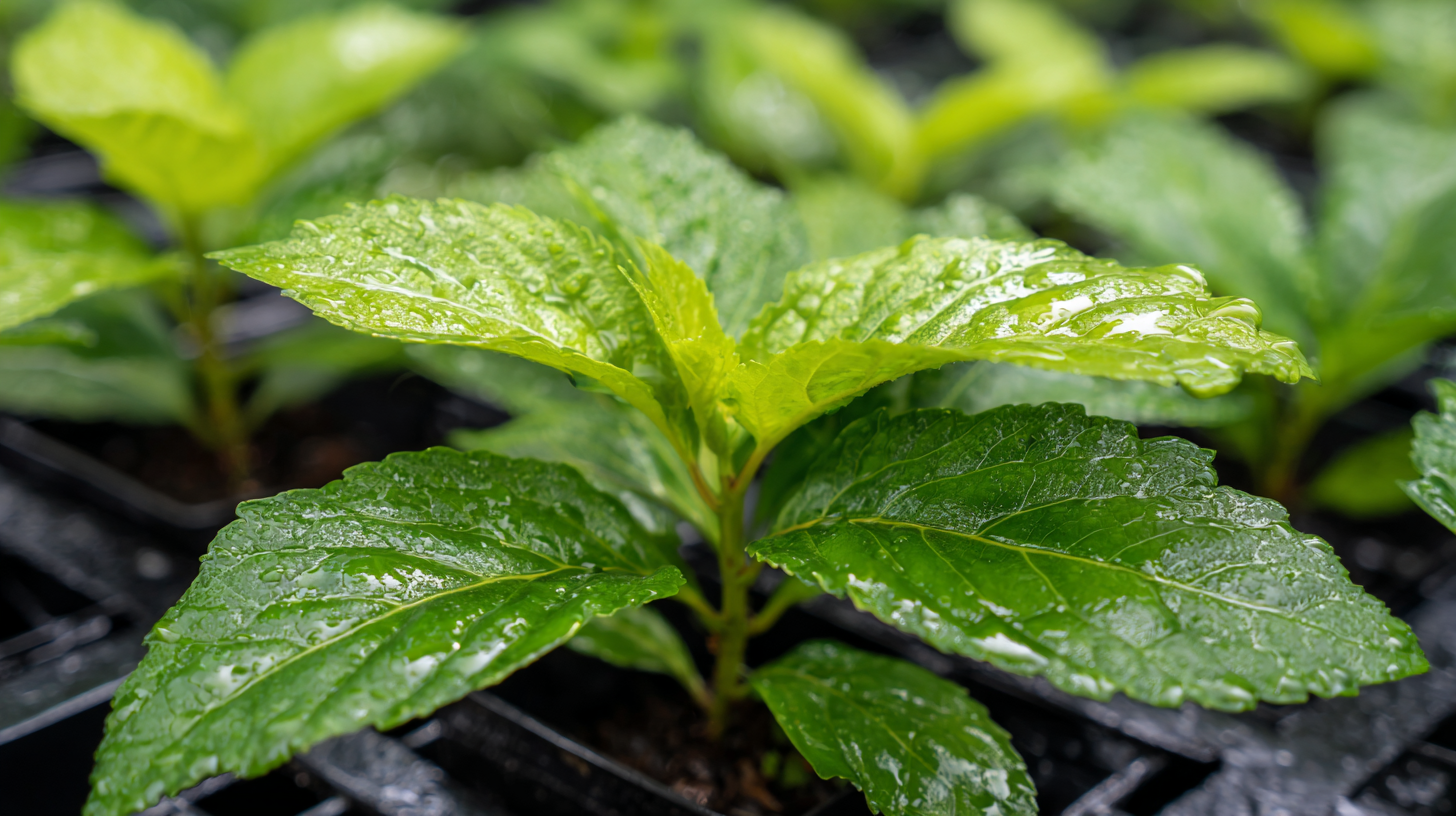
Nitrogen is crucial for leafy green growth, promoting lush foliage and overall plant vigor. Phosphorus plays a vital role in root development and flower production, making it indispensable during the early stages of plant growth and blooming. Potassium aids in water regulation and enhances disease resistance, ensuring plants can weather various environmental stresses. Calcium is essential for cell wall structure and helps prevent issues like blossom end rot in fruiting plants. Lastly, magnesium is a central component of chlorophyll, facilitating photosynthesis and giving plants their vibrant green color. Together, these nutrients create an ideal environment for healthy plant growth and productivity.
Water-soluble fish fertilizer has gained recognition for its ability to enhance soil health and structure, making it a valuable addition to organic gardening practices. This type of fertilizer contains essential nutrients, such as nitrogen, phosphorus, and potassium, derived from fish. When applied to the soil, these nutrients are readily available for plant uptake, promoting robust growth and vibrant health. Moreover, fish fertilizer enhances the microbial activity in the soil, which is crucial for nutrient cycling and improving overall soil fertility.
In addition to providing essential nutrients, water-soluble fish fertilizer contributes to better soil structure. It helps to aggregate soil particles, improving aeration and drainage, which are vital for root development. A well-structured soil retains moisture and nutrients more effectively, creating an optimal environment for plants to thrive. With the North American organic fertilizer market projected to grow significantly, the shift towards sustainable practices like these aligns with the increasing demand for environmentally friendly gardening solutions. This trend underscores the importance of using organic inputs such as water-soluble fish fertilizer to nourish not just plants but the soil itself.
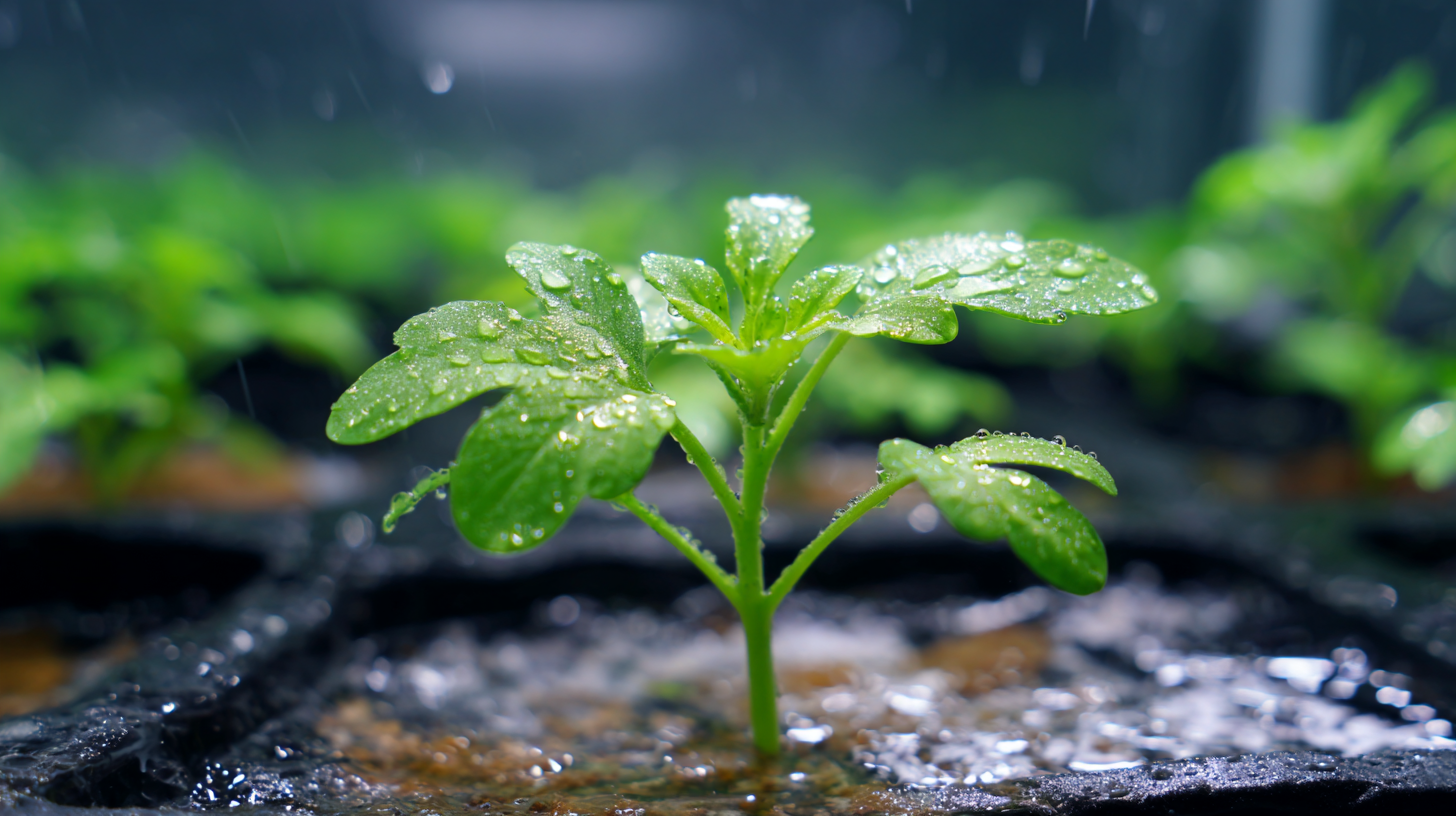 Recent industry studies have shown that water soluble fish fertilizers offer substantial benefits over traditional synthetic fertilizers, particularly in enhancing soil health and plant growth. According to research published by the Journal of Environmental Quality, organic fertilizers, like those derived from fish, can improve soil microbiota significantly, leading to increased nutrient availability. In a comparative analysis, it was found that plants treated with fish fertilizers exhibited a 20% higher growth rate than those nourished with synthetic options, highlighting a remarkable ability to stimulate biological activity within the soil.
Recent industry studies have shown that water soluble fish fertilizers offer substantial benefits over traditional synthetic fertilizers, particularly in enhancing soil health and plant growth. According to research published by the Journal of Environmental Quality, organic fertilizers, like those derived from fish, can improve soil microbiota significantly, leading to increased nutrient availability. In a comparative analysis, it was found that plants treated with fish fertilizers exhibited a 20% higher growth rate than those nourished with synthetic options, highlighting a remarkable ability to stimulate biological activity within the soil.
Furthermore, a study from the American Society of Agronomy revealed that fish fertilizers enhance nutrient absorption more effectively. The organic compounds found in fish waste release nutrients slowly, ensuring a constant supply to plants over time, as opposed to the rapid, often overwhelming spike associated with synthetic fertilizers. This gradual release not only reduces the risk of nutrient leaching into waterways but also promotes healthier root development. The findings underscore the effectiveness of water soluble fish fertilizers as a sustainable alternative that not only nourishes plants but also supports ecological balance.
Water soluble fish fertilizer is an excellent addition to any gardener’s toolkit, providing essential nutrients in a form that plants can readily absorb. To maximize its benefits, it's crucial to apply it correctly. According to a report by the Fertilizer Institute, nitrogen is essential for vegetative growth, and fish fertilizers typically contain around 5-10% nitrogen, alongside phosphorus and potassium. These macronutrients kickstart growth and flowering in various plants, making them particularly beneficial during critical growth phases.
When applying water soluble fish fertilizer, timing is key. Research indicates that applying it during early spring as plants begin to break dormancy can enhance leaf development. Dilute the fertilizer according to package instructions and apply it to the soil or as a foliar spray, which can lead to higher uptake of nutrients. Additionally, experts recommend using fish fertilizer every 4-6 weeks during the growing season for optimal results. This can significantly improve plant health and yield, as indicated by a 2021 study from the Journal of Sustainable Agriculture, which showed a 20% increase in crop yields when fish fertilizer was used in conjunction with organic farming practices.
